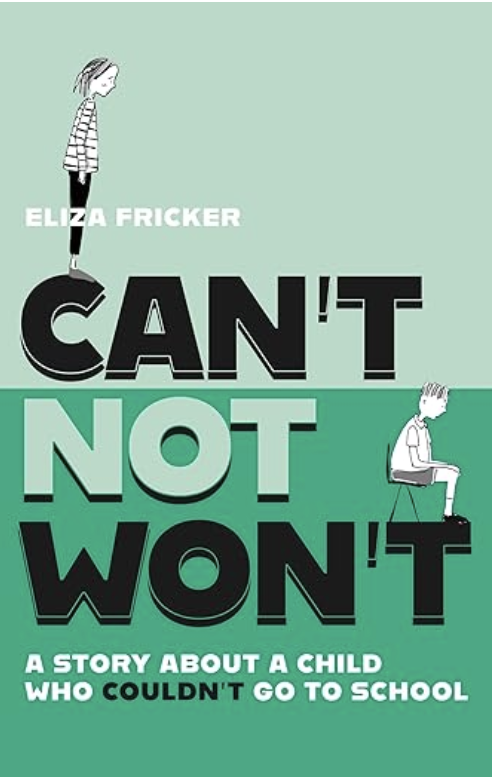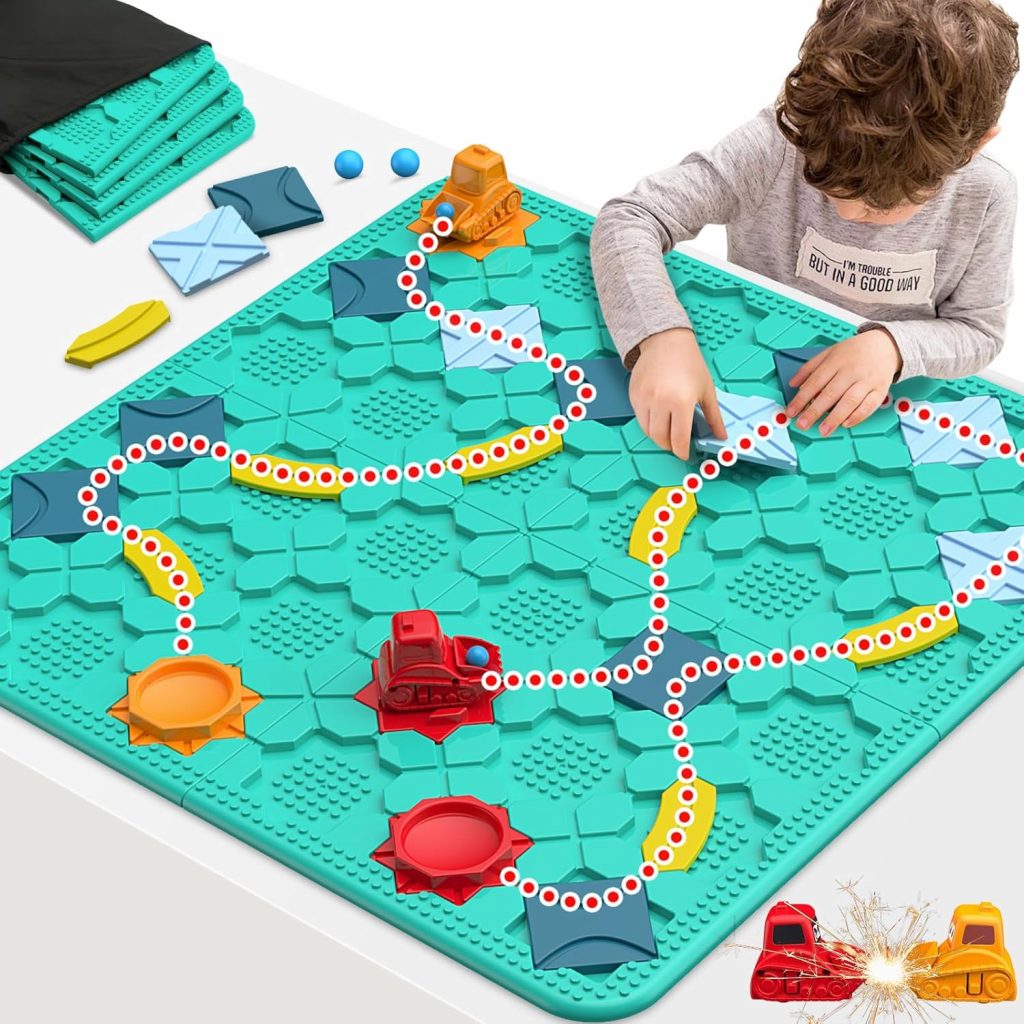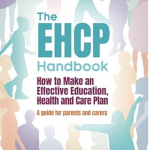education shouldn't be one size fits all performance based all about the numbers
Education
** The below is based on my opinion and observations – it doesn’t mean I’m right, but hopefully it shares a common story and answers a few key questions.**
Let me start by saying I’m not anti-schooling. Our son still attends a mainstream secondary and is just about hanging in there. But what a sad state of affairs that he is ‘coping’ in school and not thriving and more importantly, happy.
In 2022/23, 21.2% of pupils were recorded as “persistently absent” (defined by the Department for Education as missing 10% or more of possible school sessions). This equates to around 1.6 million pupils. Some groups of pupils are more likely to be absent or persistently absent than others. There has also been an increase of 8.4% in the number of children recorded as being home educated.
Just as there isn’t a ‘one size fits all’ for parenting, there can’t be for educating children yet schools face an ever increasing requirement.
Our experience of education has been a rollercoaster, with a son who is classed as ‘neurotypical’ and a daughter who is classed as ‘neurodiverse’. But for both there have been challenges, failures and sadly disillusionment at a system that we believe is rapidly breaking under the strain of budget cuts but also with an influx of children with a raising need for support.
I think my child has SEN - what can I do?
If your child is at school and you think they may have Special Educational Needs (SEN), you need to firstly arrange to meet with the SENCO (Special Educational Needs Coordinator) and discuss with them your concerns. Ensure you start documenting your meetings and try and work together to help your child. It might also be advisable to discuss your concerns with your GP.
What is an EHCP?
An EHCP is an Educational Health Care Plan and a legally binding document for children and young people aged 0 – 25 who need more support and whose special educational needs cannot be met through the school or setting’s core offer or SEN Support offer.
The plan will identify educational, health, and social needs and capture what is important to the young person. Often with the input from specialists such as speech and language therapists (SALTS), educational psychologists and occupational therapists, the council will collate all the information (including observations from school) and draft up a plan that should include strategies, support and reasonable adjustments to meet your young person’s needs in their setting.
My school refuses to request an ECHP, what can I do?
Sadly, this happens often due a number of reasons but most of the time it’s down to funding. The advice if your school refuses to pursue an EHCP is for parents or guardians to promptly contact the local authority and even consider legal advice. You can also look for support from your local SENDIASS service (see below).
My child is getting buillied - what can I do?
It’s heart-breaking to think that a child is being bullied, let alone your child. If you believe there is something going, the first thing is to listen to your child and try to establish what is happening. Reassure them you won’t take any action unless they want you to as otherwise you could lose their trust. And ask them what they want to do next and what the choices are.
All schools have behaviour policies in place which should be available on their website. You can also find out lots of information on the Anti-Bullying Alliance website here >
My child refuses to go to school - what can I do?
This very much depends on why your child doesn’t want to go or feels unable to attend, and what type of relationship you have with the school.
No school wants to let down one of their children so it’s important to keep dialogue going with the SENCO and Head of School explaining what’s happening.
There are some great charities and organisations (see below) that can support you if you find yourself in this position. You can also review the government guidelines here >

Can't Not Won't:
I've heard of SENDIAS - how can they help?
‘SENDIASS’ stands for Special Educational Needs and Disability Information Advice and Support Service. They offer free, impartial advice on matters relating to SEND in England. Charity KIDS offers some excellent advice and offers a search function on their website to search for the details of your nearest SENDIASS service – visit website here
I'm considering de-registering but am I allowed to do this?
De-registering your child from a school is a massive decision and one that can’t be rushed. Once you de-register you are taking full responsibility for that child’s learning and development at home. The council will have a duty of care to check that you are providing a suitable education at home and you will have to create a yearly report summarising what you’re doing. But please note you DO NOT HAVE TO have visits or meet with the council. All communication can be done in writing if this is your choice.
If your child is in mainstream school, you can de-register by writing to the headteacher saying you want to home educate. The school then notify the local authority. If your child attends a special school, you will need to get consent from your local authority. There is some useful guidance and a template later on the Education Freedom website >
But you DO NOT NEED PERMISSION to deregister your child.
In January 2024, there were around 1.7 million school pupils in England with identified SEN (18% of all pupils).
Whatever your child is going through here is lots of help and support out there and some super charities and organisations that can offer you advice about how best to support your young person.
If I was to offer any advice from our own experiences
- Always challenge, question, push back and don’t assume that things will be put in place for your child automatically.
- If it doesn’t feel right then trust your instincts and keep asking questions until you feel comfortable with the answer
- Document everything and if needs be, ask for any meetings to be minuted so that all parties are aware of what’s been promised as actions
- Read about your rights and those of your child – research is key
- Gather as much information as possible such as doctors letters and any professional reports and recommendations to share with councils and schools
- Ask for help from organisations like those listed below as they are experts in how to support families
- Join online communities so that you can learn from others
- Know that you aren’t alone.
Children may misbehave because their needs aren't being met

Organisations that offer information and support include:

Government guidance on educating children with special educational needs (SEN) and disabilities
Visit website >

SOS!SEN has been supporting families for more than 20 years to help them secure the right special educational provision for children and young people with SEND.
Visit website >

We are the leading charity in the field of SEND law in England, and we provide free and independent legal advice and support to families of children and young people with SEND.
Visit website >

SENDIASS stands for Special Educational Needs and Disabilities Information Advice and Support Service. There is a SENDIAS Service in every local authority in England.
Visit website >

Run by the Law Society, Find a Solicitor is a free service for anyone looking for information about organisations or people providing legal services in England and Wales that are regulated by the Solicitors Regulation Authority (SRA).
Visit website >

Parentkind exists to: Empower all with parental or educational responsibility to improve the life chances of children, young people and their communities.
Visit website >
different ways of working may include:

Interactive ways to learn

Interactive Reading Pen Set for Kids


